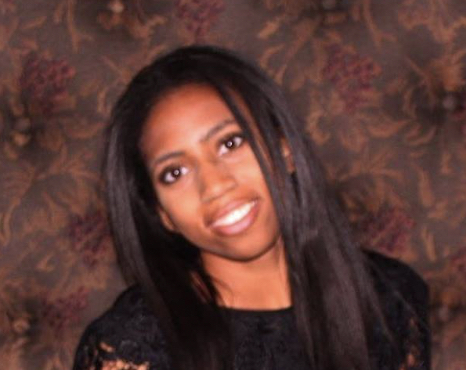by Lauren V. Williams
The Democrats have run and won on the promise of “big and bold” change. Yet, their vast agenda of voting rights, infrastructure and climate change are all being blocked by the filibuster. While two Democratic Senators have come out against eliminating the rule, reform advocates say that the fight has only begun. The battle over the filibuster is ultimately a play of politics in three Acts.
The state of play was first articulated by Adam Jentleson, a former aide to former previous Democratic Majority Leader Harry Reid who eliminated the filibuster for nominations in 2013.
Act One: The battle lines are drawn. The Senators against reform come out in strong opposition.
Act Two: Pressure builds as the filibuster moves from a theoretical concept to a real obstacle to legislative priorities.
Act Three: Senators eventually unite to reform, or eliminate, the filibuster.
This seems to be Senate Majority Leader Chuck Schumer’s plan. In an interview with the New York Times’ Ezra Klein, Schumer stated that while he respects the wishes of some of his colleagues to foster bipartisanship, “failure is not an option” when it comes to Democratic priorities.
He’s scheduling multiple bills for a vote in the summer, aiming to show a dichotomy between what the American people support and what Republicans actually vote for. When voting rights protection and universal background checks, both proposals that have over 70% and 90% approval ratings, are rejected by Republicans, he hopes to show recalcitrant Democrats that filibuster reform may be the only path forward.
In Jentleson’s layout of this play, Senate Democrats are only at the very ending of Act One. While Senators Joe Manchin (WV) and Kyrsten Sinema (AZ) have expressed their opposition to filibuster, Republicans have yet to filibuster any legislation. The official initiation of Act Two may start as early as next week, as it seems more and more likely that Republicans will combat a commission examining the events of January 6th.
As the realization of the filibuster looms, pressure is building amongst activists and in the Senate caucus. Senators Jeff Merkley (OR) and Elizabeth Warren (MA) held a virtual End the Filibuster Town Hall on May 17th, speaking to over 200,000 viewers about the racist origins of the filibuster, how it was blocking their priorities and how to fight to stop it. Three days later, nearly 20 advocacy groups in Arizona, ranging from Black Churches to labor groups to climate activists, met in front of Kyrsten Sinema’s offices to protest the filibuster.
To be sure, reaching Act Three – where filibuster reform occurs – isn’t certain. But it may not be as dead as some claim it to be. Joe Manchin’s April op-ed “I will not weaken or eliminate the filibuster” devastated activists and elated Republicans who rejoiced in the declared death of the Democratic agenda. However, few journalists recalled Manchin’s slightly different position only a few weeks earlier.
“If you want to make [the filibuster] more painful, make him stand there and talk, I’m willing to look at that any way we can,” he said in early March.
Manchin seems to allude to an oft-cited filibuster reform proposal called the “talking filibuster”. The talking filibuster would go back to the traditional form of the Senate rule, where members had to stand and debate their positions on a bill. Nowadays, Senators only have to send an email saying that they intend to debate the bill, without ever having to. Depending on how the rule is rewritten, a talking filibuster would allow Democrats to advance their agenda with only 50 votes. Although Manchin promised to never “weaken or eliminate” the filibuster, Manchin may be setting himself up to “strengthen” the filibuster by returning it to its old form.
“It’s been his strategy from the start. Manchin knows that the thing between two extremes often wins, and he gets to position himself in his favorite location: the middle,” says Katey Lauer, co-chair of West Virginia’s largest electoral base-building organization, WV Can’t Wait.
Similarly, Kyrsten Sinema’s position may not be as unshakeable as it looks. As she faces dipping poll numbers, an angered activist base and a Democratic agenda increasingly imperiled, she may change her tune. “When Obama took office, we were, conservatively, 20+ votes shy of reform. We got there in 2013,” says Jentleson.
Politics is about showmanship. It’s a play of actors continuously sticking their fingers in the wind and contemplating their lines. Act Two is only beginning. To the activists fighting for change – it’s almost your cue.


